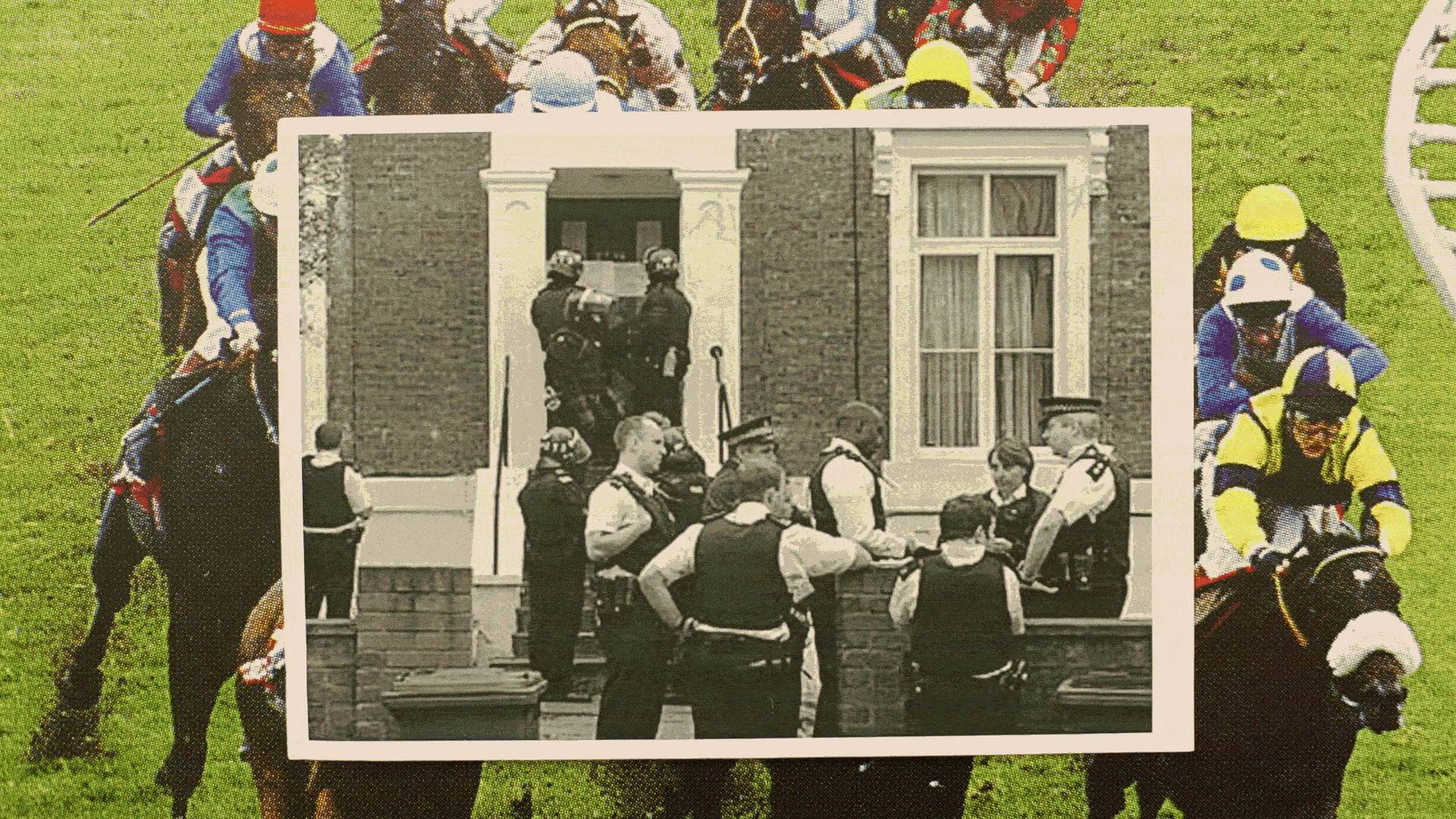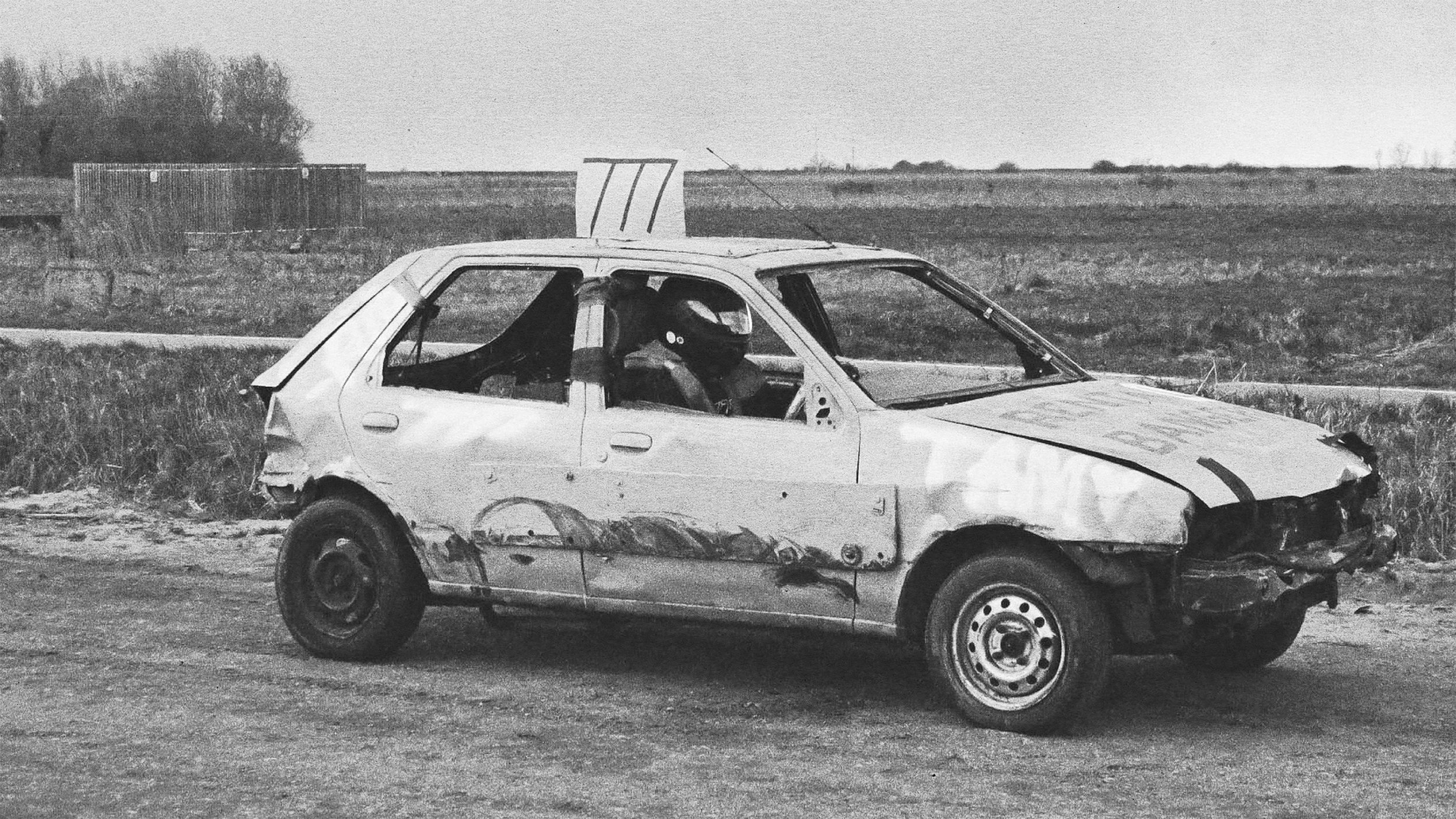FULL STEAM AHEAD
ISSUE 001: TRANSIT
FULL STEAM AHEAD
This article first appeared in Issue 001 of Between Borders which is available to purchase from our store which you can find here.
Words:
Luc Hinson
Imagery:
Luc Hinson
Steam fanatics, engine lovers, fat controllers.
The heritage and craftsmanship behind some of our nation’s early locomotives are still widely celebrated in all four corners of our leafy land. A look back at what was, with keen eyes and sharp hands the people behind steam rallies are living in the past, but doing so proudly.
Time, patience and an appreciation for handcrafted engines bond this group of enthusiasts together. Their community and commitment are strong, dressed in period dress buffing the paint of their immaculately crafted locomotives, there’s a sense of escapism from their day to day lives but also, an appreciation of craftsmanship that runs deep.
Across the country, hundreds of railway stops and lines lay unused, with the advent of the car and motorway many railway lines were forgotten. But across the UK, at Steam fairs and rail rallies they act as vessels and time capsules to years gone by, they memorialise a railway network that was once the burgeoning pride of Europe. With the Beeching cuts of the 1960s, a multitude of lines and stops ceased to function overnight. Laying dormant, unused and slowly rotting away various groups across the country have come together to preserve the heritage of the railways. The Bucks Railway Centre serves as one of these vessels and having just celebrated its 50th anniversary the centre uses a love of locomotives to celebrate but also educate the public on the nostalgic greatness of our railways, providing an economic boost to the local area in the process.
“
THERE IS AN ACKNOWLEDGMENT OF THE IMPACT THE RAILWAYS HAD ON GLOBAL WARMING BUT ALSO A DUTY TO TELL THE PART THEY ARE PLAYING IN FIGHTING BACK AGAINST IT NOW AND IN THE FUTURE THROUGH PUBLIC TRANSPORTATION.
PHOTOGRAPHY: LUC HINSON
PHOTOGRAPHY: LUC HINSON
PHOTOGRAPHY: LUC HINSON
“
THAT’S SOMETHING WE NEED TO GET OUR HEADS AROUND AND THINK, ACTUALLY, MAYBE WE SHOULDN’T BE SO DEPENDENT ON THE GLOBAL MARKET, LET’S HAVE A BIT MORE UK BASED ENGINEERING.
The Centre’s chairman Ben Jackson is keen to share his expertise on the heyday of British rail with anyone who’ll listen: “It’s the railways that enabled the fish from Cornwall to come to London, the watercress from Hampshire to come into the city, it enabled the coal industry it was part of the driving force behind the industrial revolution.” It’s true, the growth and development of this country into the industrial powerhouse it once was is inextricably tied to the advent of our railways. But the centre acts as more than just a dusty, nostalgia fuelled peek at yesteryear. As a fully accredited museum that hosts school trips, evacuee days and Christmas pantos it’s an integral part of the local community. With parliamentary reports showing that heritage railways return roughly 2.5x their turnover into the local economy, they act as a lifeblood to the surrounding communities, they’re a preservation of history, a place to learn and an opportunity to look back at Britain’s industrial heyday.
Railways fundamentally played an integral role in our countries development, they facilitated the transportation of goods, people and ideas. They allowed people to travel out of their own towns for the first time, to see new worlds for the first time. With the benefit of hindsight their involvement in the industrial revolution has clear environmental impacts, but now as technology catches up they play an integral role in fighting back against the carbon footprint of commuting workforces. Heritage rail serves as a reminder of what British based industry can achieve, and with growing calls for nationalisation appearing in party manifestos, there’s a strong sentiment that we can look to these centres, see what worked before and learn from our past. Use heritage and history as guiding tools to inform contemporary policy, not to get stuck in the past, but to use it moving forward.













